Hydroxychloroquine was effective when taken to prevent infection of the CCP virus, researchers in India found.
Three recent studies demonstrated enough effectiveness that officials are recommending all asymptomatic healthcare workers, whether they’re treating COVID-19 patients or not, should take the drug as a prophylactic.
One retrospective analysis of cases found “a significant dose-response relationship between the number of prophylactic doses taken and frequency of occurrence of” CCP virus infection in healthcare workers with symptoms. An observational study of 334 healthcare workers at the All India Institute Of Medical Science showed that those who took hydroxychloroquine had a lower rate of infection compared with those who didn’t.
And a study of three government hospitals in New Delhi found that people who took hydroxychloroquine were less likely to develop the new illness when compared to those who didn’t take the drug.
“Looking at the data of these studies, we found that it may be working and without major side effects except nausea, vomiting, and palpitations occasionally,” Dr. Balram Bhargava, director-general of the council, told reporters in a briefing in New Delhi last week, according to IANS.
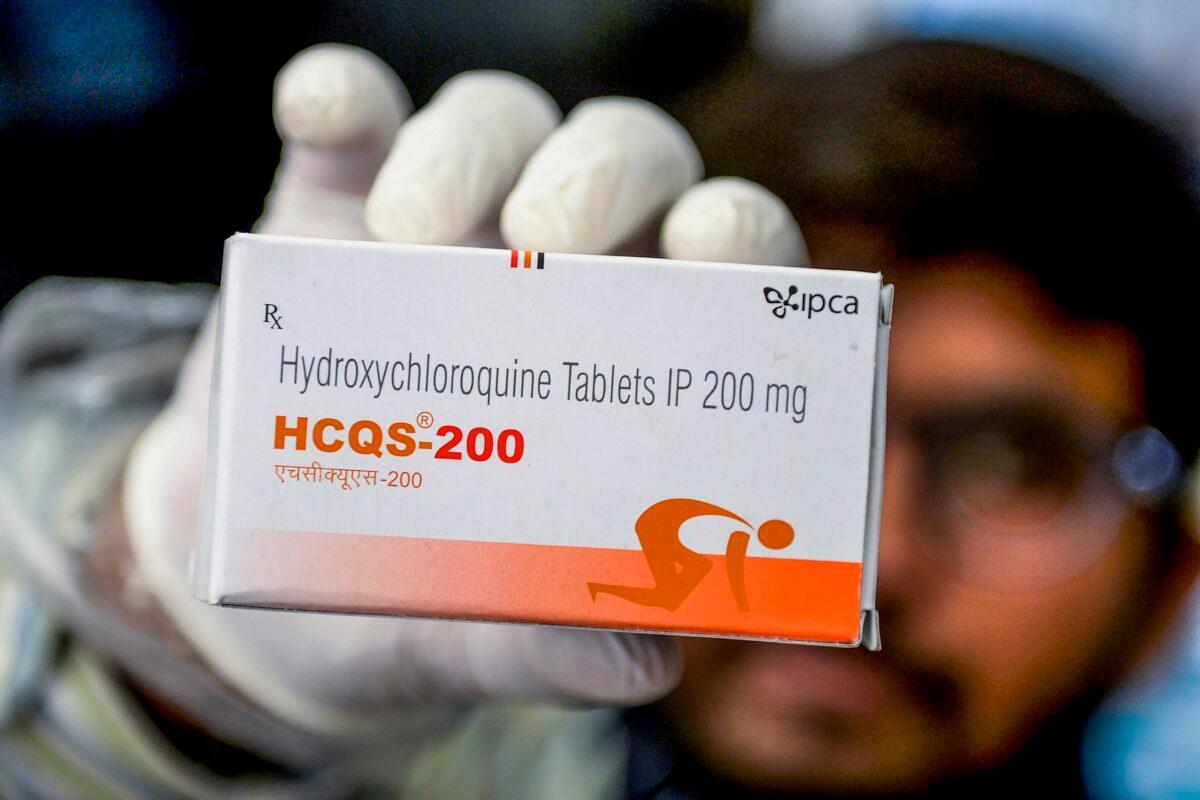
“It should be continued when there is no harm and some benefit may be there. We have clearly advised that it should be taken with food and not [on an] empty stomach. We also advised that we need to do one ECG during its use as prophylaxis,” he added later.
The U.S. Food and Drug Administration approved hydroxychloroquine and the closely related chloroquine for treatment of COVID-19 but later warned against its use outside of hospitals or clinical trials because some patients were experiencing heart issues and other side effects.
People with preexisting heart conditions, glucose-6-phosphate dehydrogenase deficiency, or retinopathy shouldn’t take the drug, nor should children under 15 years old, pregnant women, or women who are breastfeeding, the Indian Council of Medical Research said.
Because hydroxychloroquine can in rare cases cause heart issues, the drug “has to be given under strict medical supervision with an informed consent,” according to the advisory.
People who take the drug as a preventative treatment should receive 400 milligrams on day one followed by 400 milligrams once a week for 3 to 7 weeks. The drug should only be taken with meals.

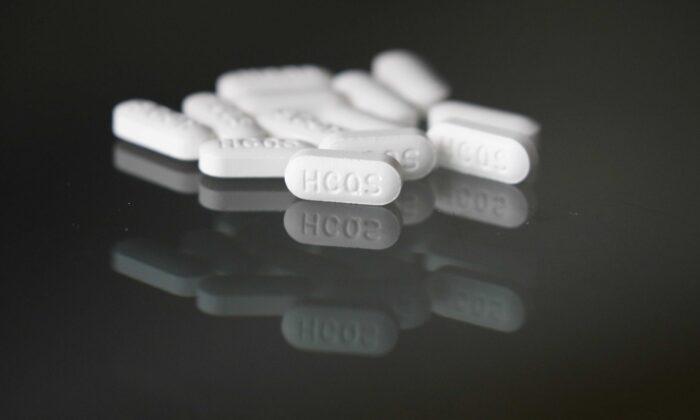

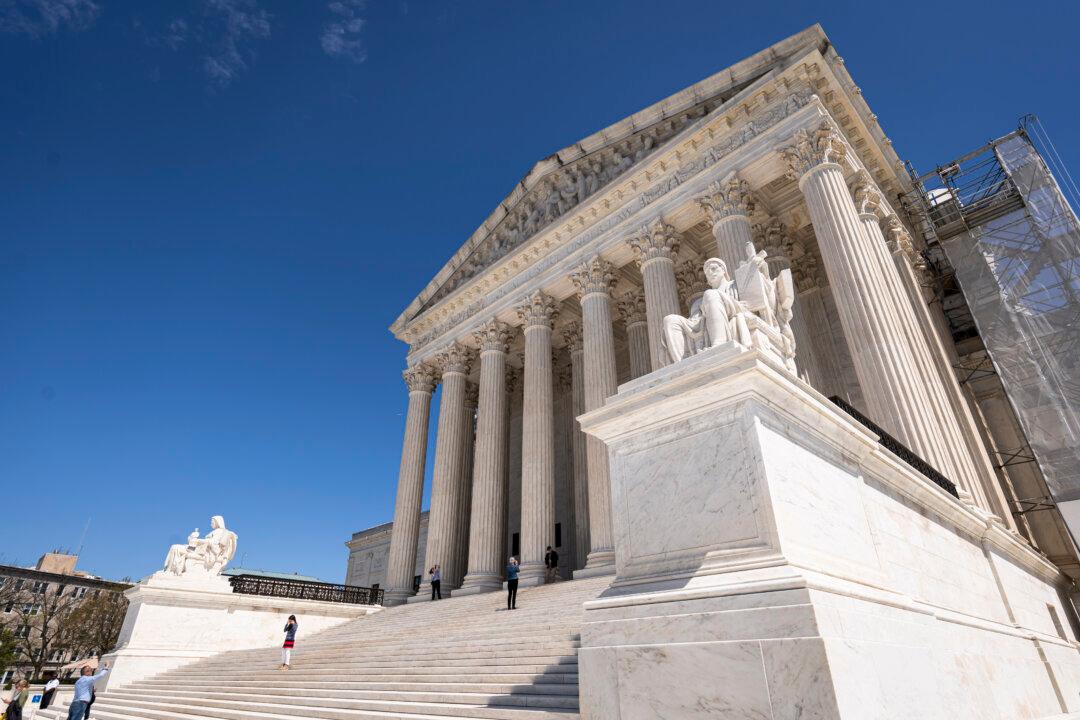
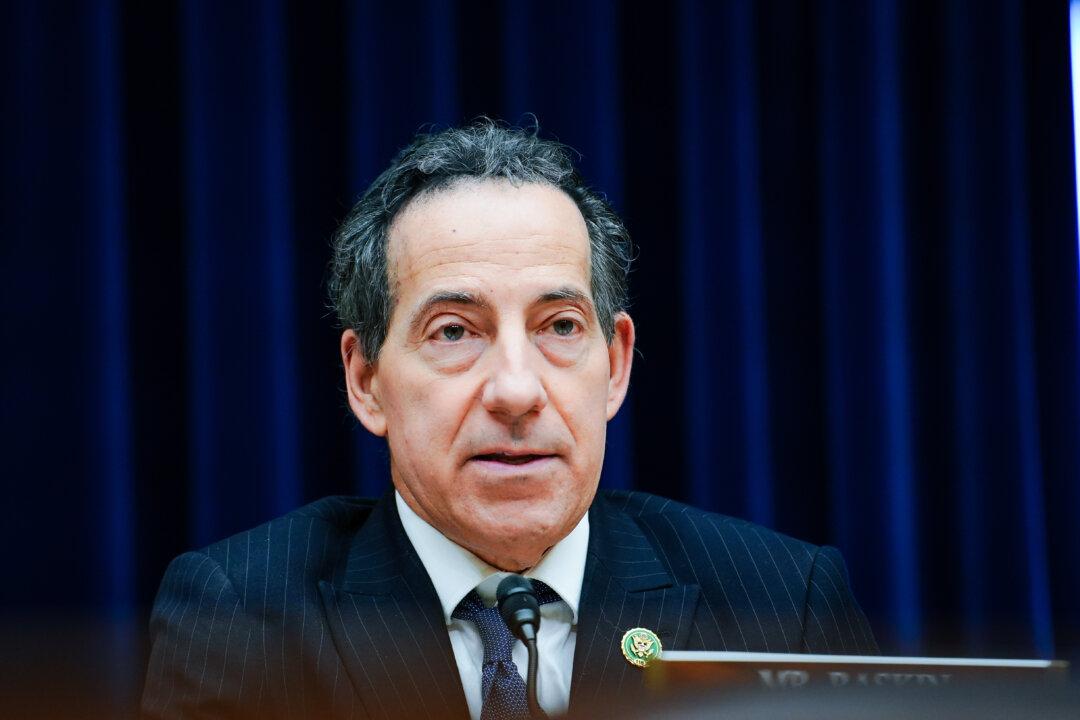
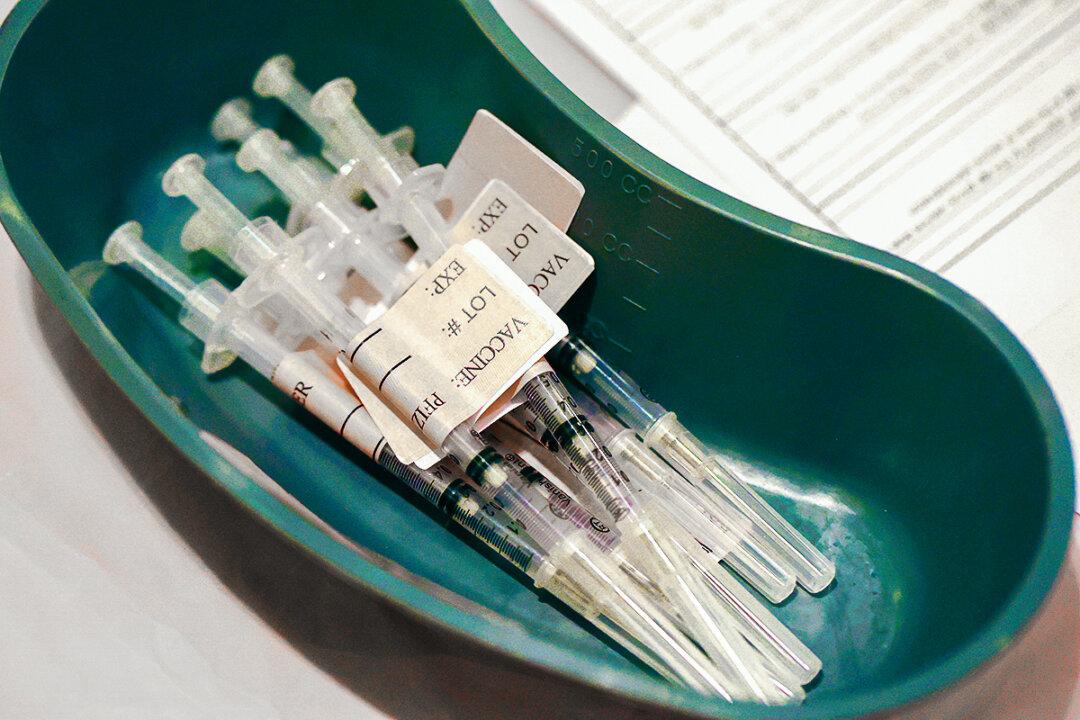
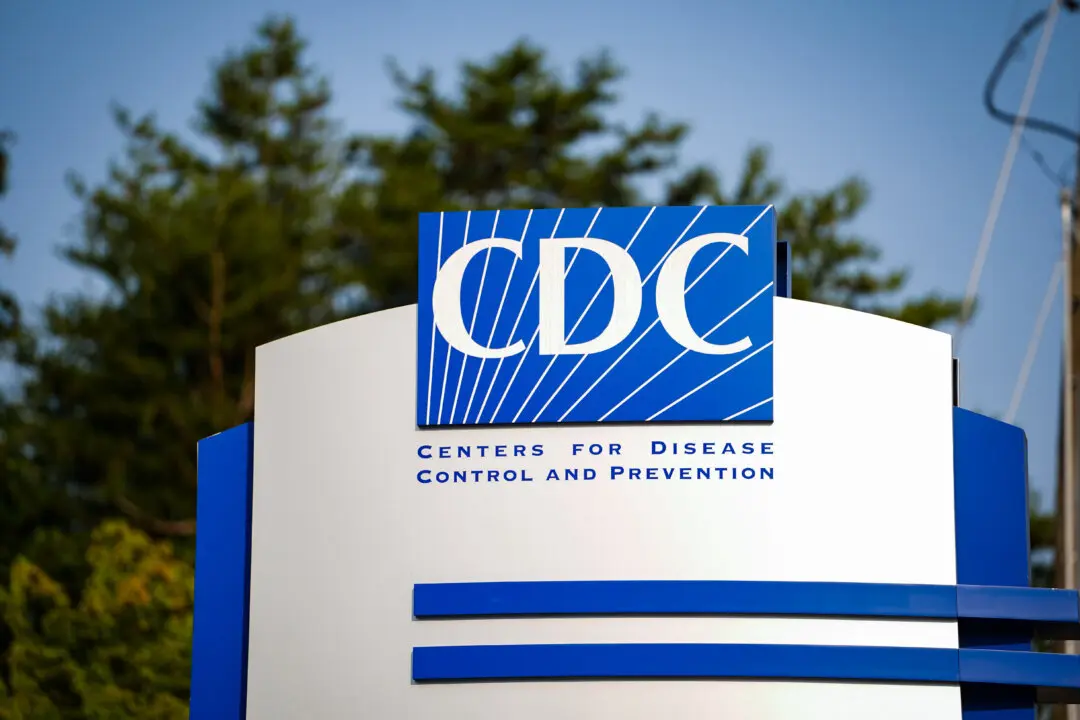
Friends Read Free